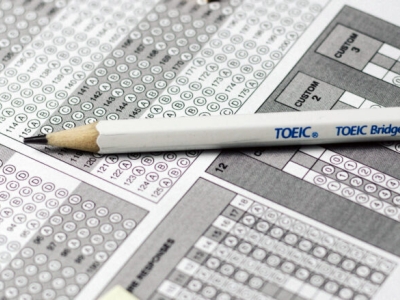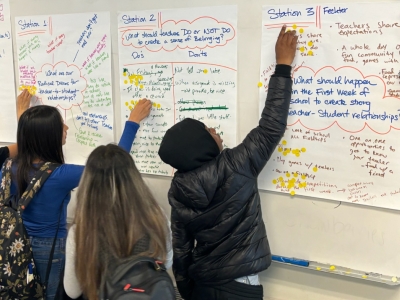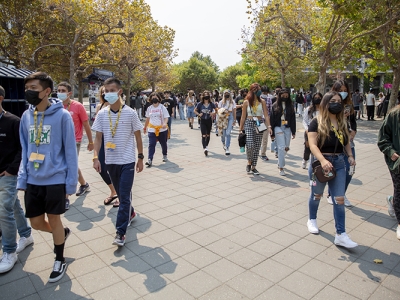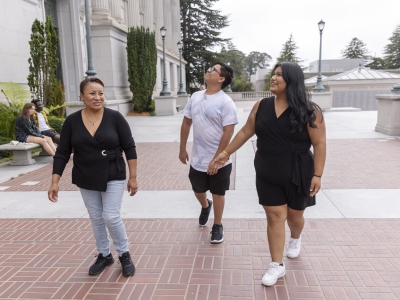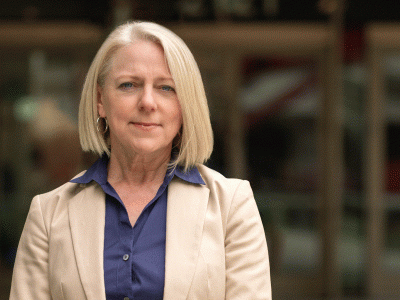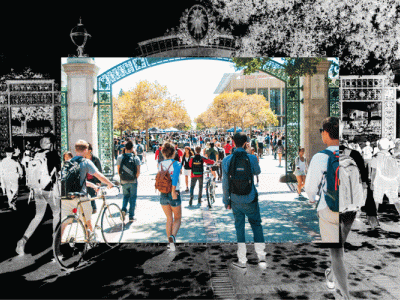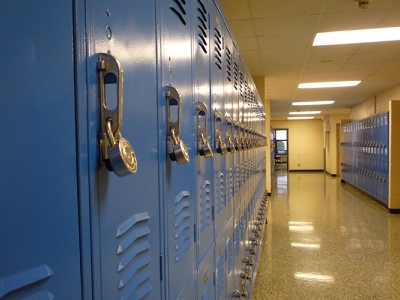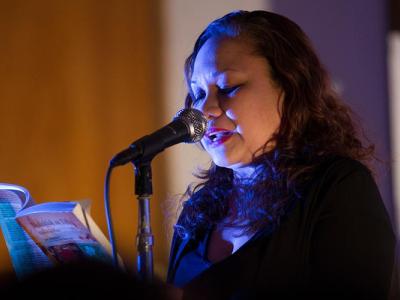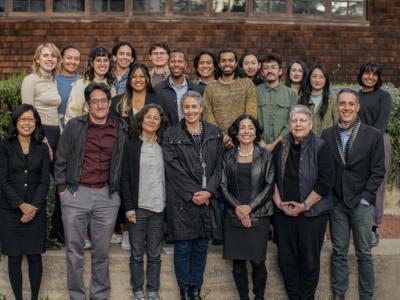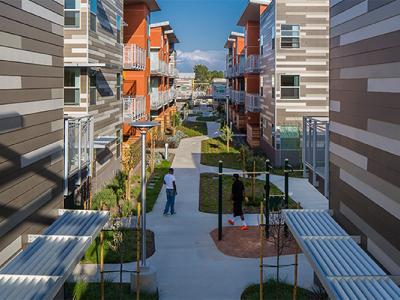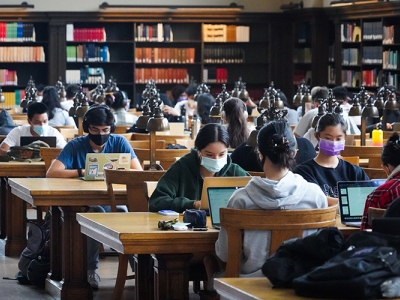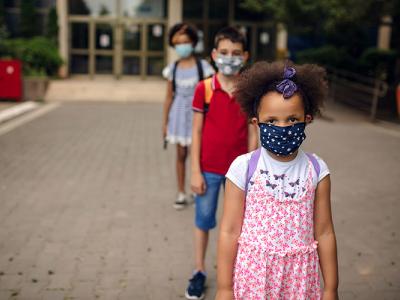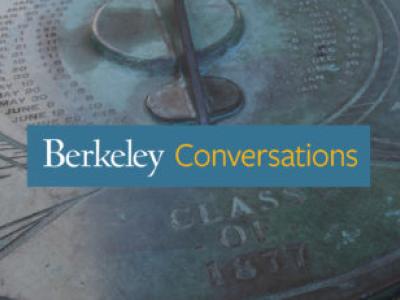UC Berkeley Invests in Six New Tenure-Track AAPI Specialists
How AI Is Transforming Research
The Impact of the Government Shutdown on CalFresh
New ROPS Report Challenges Return to SAT
Black Teachers Are Essential — and at Risk
Course Teaches How To Better Engage With Opposing Views
Watch a Professor Explain Community-Engaged Research in 101 Seconds
Researchers Investigate Why So Many Students Are Chronically Absent
Five Years After COVID, U.S. University Students Still Lag in Key Areas
Meet Three Black Trailblazers in STEM
With Change Coming to Washington, Does Higher Education Face a ‘Dystopian’ Future?
As the Olympics Begin, Berkeley Marks 50 Years of Excavating the Games’ Origins in Greece
California Educators Want More Environmental Learning, but Need Additional Support
Berkeley Voices: A Linguist’s Quest To Legitimize U.S. Spanish
UC Berkeley Students Combat K-12 Book Bans by Creating Their Own Children’s Books
How changing schools’ culture of discipline paves the way for inclusivity
Evidence suggests that Black, Asian and Latinx students in grades four through eight who have teachers that match their ethnoracial identity get fewer school suspensions, and researchers found students of all races have more favorable perceptions of their Black and Latino teachers.
Decade of data shows matching student-teacher race reduced NYC suspensions
Matching students’ race with those of their teachers can reduce rates of exclusionary discipline for Black and Latinx students in large, diverse and urban school districts, according to a new working paper. The study examined 10 years’ worth of data from New York City between 2007 and 2017.
Back to School: In a Time of Turmoil, U.S. Educators Seek a ‘New Normal’
Berkeley Leaders, Scholars React to Supreme Court’s Decision on Affirmative Action
School Discipline Can Be Predicted, New Research Says. Is It Preventable?
How the War on Drugs Kept Black Men Out of College
A new study authored by UC Berkeley professor Tolani Britton finds that federal drug policy didn’t just send more black men to jail—it also locked them out of higher education.
Study: Suspensions of Students of Color Go Down When Teachers of Color Are In Charge
Studies repeatedly show that students of color in K-12 schools are suspended more often and more harshly than white students. Yet drawing from ten years of New York City public school data from grades 4 to 8, a new working paper coauthored by UC Berkeley professor Tolani Britton found that Black, Latinx, and Asian American students were less likely to face such exclusionary discipline when their teachers matched their racial or ethnic background.





